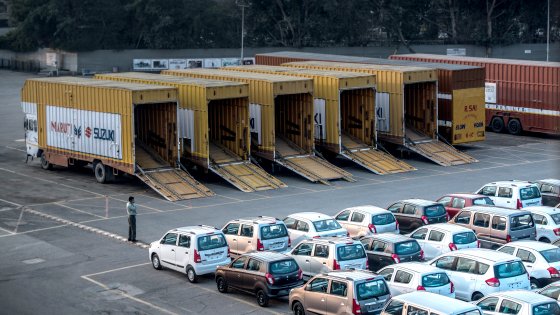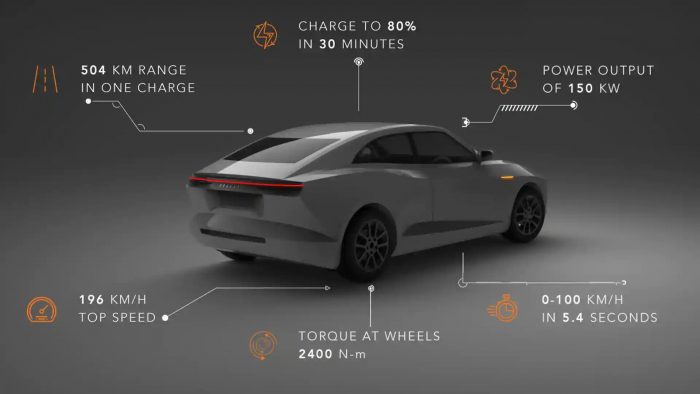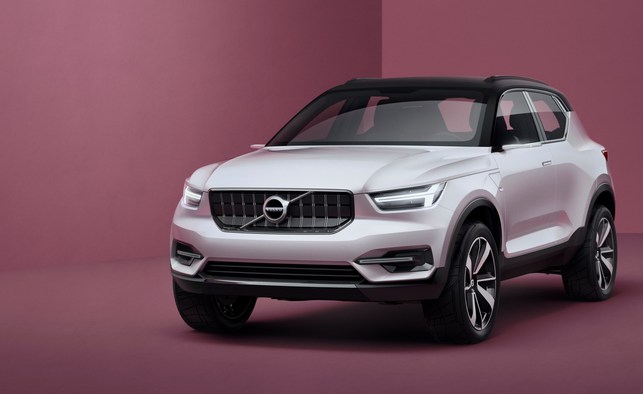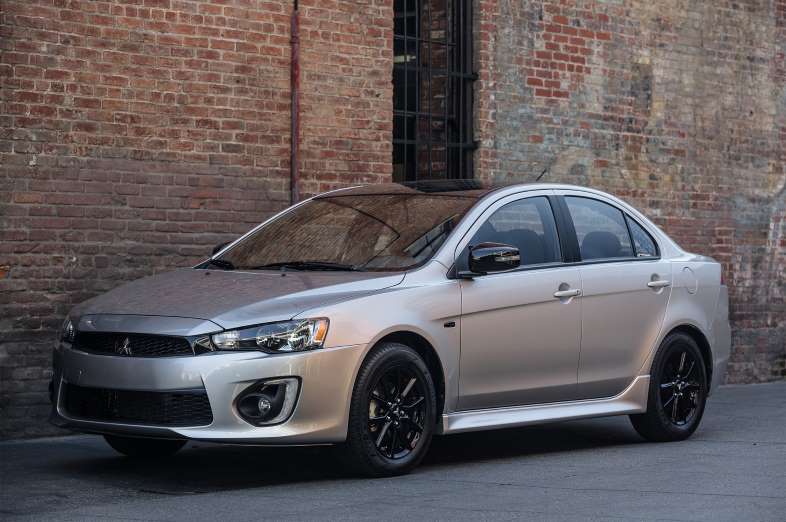Now Reading: India’s green car plan gives more importance to electric vehicles than hybrids
-
01
India’s green car plan gives more importance to electric vehicles than hybrids
India’s green car plan gives more importance to electric vehicles than hybrids
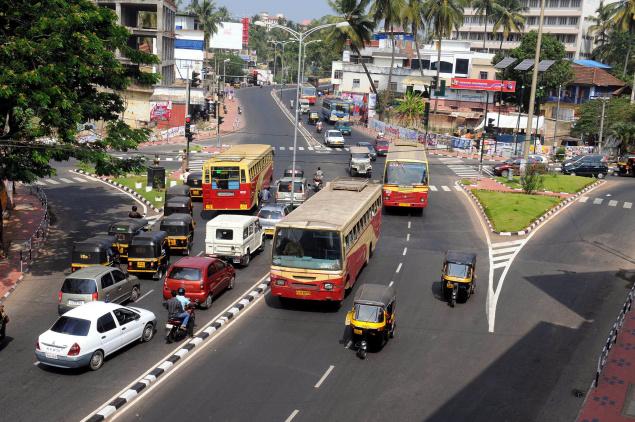
India’s most prominent government think-tank has recommended reducing taxes and interest rates for loans on electric automobiles, while capping sales of standard cars, indicating a dramatic shift in policy in one of the world’s fastest growing automobile markets.
A draft of the 90-page plan, observed by Reuters, also suggests the government opens a battery plant by the end of 2018 and uses tax revenues from the sale of fuel and diesel vehicles to establish charging stations for electric automobiles.
The suggestions in a draft report by Niti Aayog, the planning body headed by Prime Minister Narendra Modi, are focused on electrifying all vehicles in the country by 2032 and will likely form a new mobility policy, stated government and market sources.
The report’s focus entirely on electric automobiles marks a shift far from the present policy that incentives both hybrid automobiles – which integrate fossil fuel and electric power – and electric vehicles, and is stressing some automakers.
“India’s potential to produce a new movement paradigm that is shared, electrical and linked could have a substantial effect locally and globally,” said a draft version of the report, entitled Transformative Mobility Solutions for India, which will be made public today.
India’s plan to leapfrog hybrid innovation follows China announced dedicated steps last year to push sales of plug-in automobiles consisting of aids, research study funding and rules created to discourage fossil-fuel automobiles in big cities.
It would likewise mark an extreme response by India as it wants to cut its oil import expense to half by 2030 and lower emissions as part of its dedication to the Paris climate treaty.
Officials acknowledge the plan faces obstacles. High battery expenses would push up car rates and an absence of charging stations and other facilities indicates vehicle makers, who have been consulted on the propositions ahead of publication, would hesitate to make the required investment in the technology.
“If we accelerate electric vehicle development it will be a disruption for the automobile sector and would need investment, but if we’re not able to adjust rapidly we run the risk of being net importers of batteries,” stated a government source associated with the plans. “There has been resistance from automobile makers.”
India’s top-selling carmaker Maruti Suzuki has bought mild-hybrid technology, that makes less use of electric power than complete hybrids, where as Toyota Motor offers its luxury hybrid Camry sedan in the nation.
Mahindra & Mahindra is the only producer of electric cars in the country.
Stay Informed With the Latest & Most Important News
Previous Post
Next Post
-
 01Polestar Boss Says It’s Time To Outrun BMW M And Mercedes-AMG
01Polestar Boss Says It’s Time To Outrun BMW M And Mercedes-AMG -
 02Spy Shots: 2027 Mitsubishi Pajero Spotted in Testing Ahead of Possible U.S. Return
02Spy Shots: 2027 Mitsubishi Pajero Spotted in Testing Ahead of Possible U.S. Return -
 032026 Toyota Hilux EV: A Powerful Truck with Silent Torque
032026 Toyota Hilux EV: A Powerful Truck with Silent Torque -
 04Spy Photos: VW ID. Polo GTI Goes Electric with 223 HP and 280 Miles of Range
04Spy Photos: VW ID. Polo GTI Goes Electric with 223 HP and 280 Miles of Range -
 05The Controversial Ford Voodoo V8 That Was Killed Off Too Early
05The Controversial Ford Voodoo V8 That Was Killed Off Too Early -
![2027 Mercedes-Benz S-Class Debuts with V8 Engine [Photo Gallery]](https://speedlux.com/wp-content/uploads/2026/01/2027-Mercedes-Benz-S-Class-33-155x125.jpg) 062027 Mercedes-Benz S-Class Debuts with V8 Engine [Photo Gallery]
062027 Mercedes-Benz S-Class Debuts with V8 Engine [Photo Gallery] -
 07Hyundai Palisade’s Breakout Year Shows How Quickly the Market Can Turn
07Hyundai Palisade’s Breakout Year Shows How Quickly the Market Can Turn


![2027 Mercedes-Benz S-Class Debuts with V8 Engine [Photo Gallery]](https://speedlux.com/wp-content/uploads/2026/01/2027-Mercedes-Benz-S-Class-33-700x394.jpg)






































